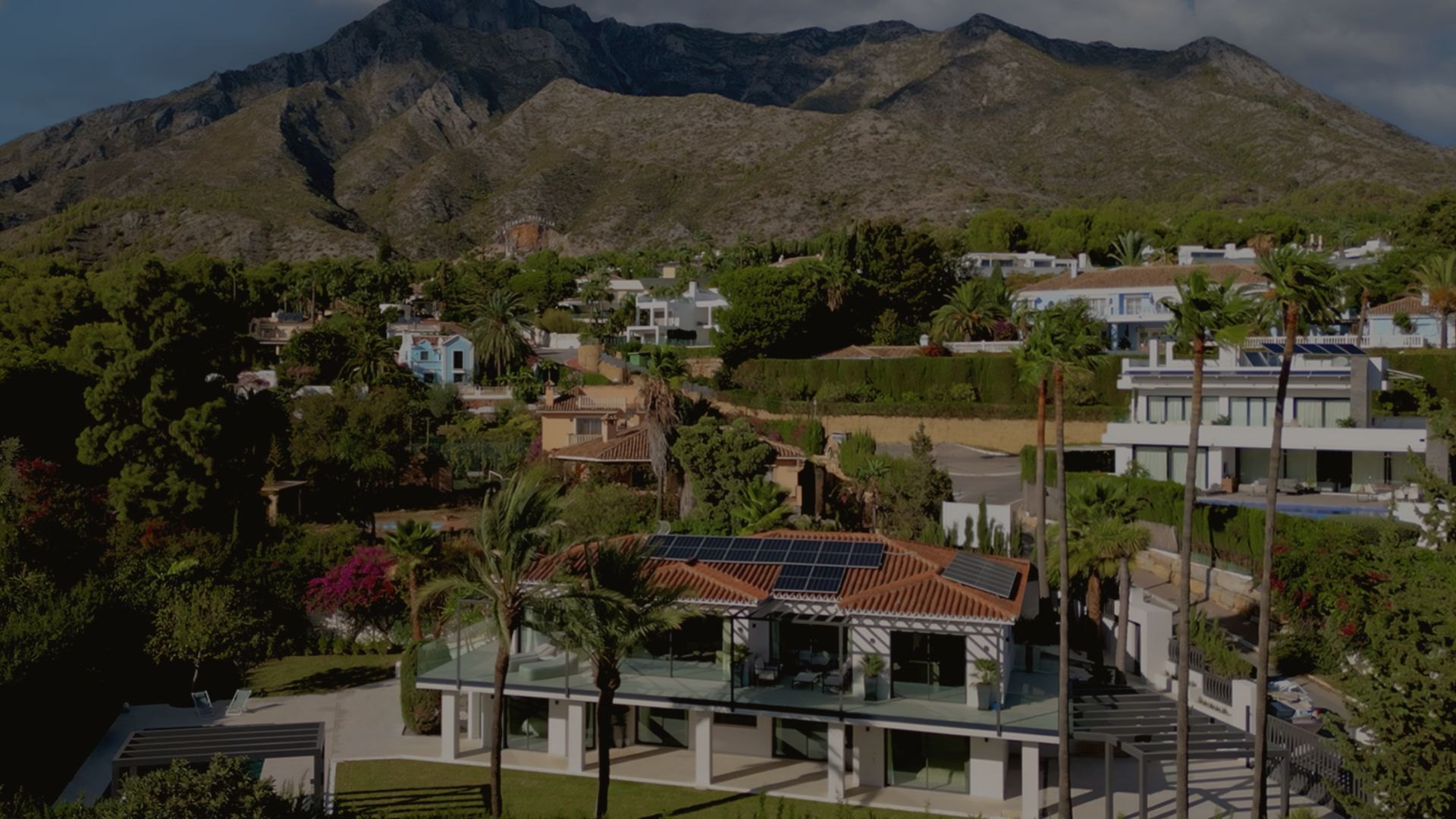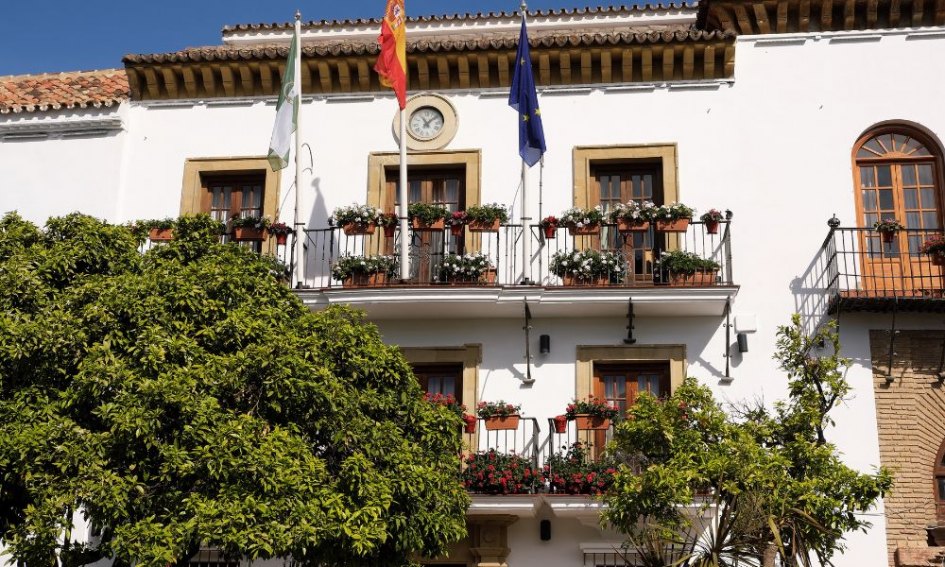
What is IBI? Property taxes in Spain
· 3 min. read · by Jordina Ibarz
IBI is a tax on real estate, whether rustic, urban or special. It is considered a direct tax of municipal ownership with a periodic, real and obligatory nature. This tax is regulated by the Ley Reguladora de Haciendas Locales, 2/2004. It consists of a recording of the real estate that has to be presented before the Spanish city councils. Also, it must be paid at the corresponding office of each town hall or by bank. It is made through a person holder, who has to present different documents and requirements before the institution.
Take note, because below we will give you all the necessary information you need to know about the IBI, this tax that is levied on property in Spain. We also give you tips to carry out this process in a simple and correct way.
Do not miss it!

What is IBI? Property Taxes in Spain: everything you need to know
As we have already mentioned, the IBI is a property tax in Spain, which consists of a recording of the value of different properties depending on whether they are urban, rustic or with special characteristics. The collection of the IBI is in charge of the City Council of each Autonomous Community, and it is considered one of the sources of income of all the Spanish municipalities and localities.
This tax obliges all those who own a property. They must pay a tax to the town hall depending on their cadastral classification. It is considered a local, obligatory, direct, real and periodic tax to be paid by property owners. Even so, there are different owners who are exempt from paying IBI.
The exceptions are the following:
– The State, both national and autonomous in all its areas, security, education etc. that do not pay IBI.
– The Church or religious spaces are also excluded.
– Another of those excluded is the Spanish Red Cross, as it is a non-profit organization.

But many of you may wonder how the IBI is calculated.
This is carried out through the town hall, and it is done in the following way:
1. First, a calculation of the integral quota, which can be increased by the fixed value of the different town halls.
2. Then, the calculation of the net quota is made, which consists of all the allowances that have been established in the national and local norms and rules.
3. Finally, the surcharges that will be added to the net tax liability are carried out.
Each town hall applies its own calculations and it will not be the same IBI, for example, in the town hall of Marbella as in Estepona. The difference between annual IBIs in Spain can be very significant. It is highly recommended to make this payment by direct debit through the bank. As it is an annual payment it can be easily forgotten and the surcharges for late payment can be very significant.
It is very important to take into account that when acquiring a property in a Spanish territory, certain rules must be complied with and different taxes must be paid in order to acquire and maintain it. One of the obligatory taxes for those property owners in Spain that are rustic, urban or with some special characteristic is the IBI, which is made before the Town Hall of each Autonomous Community in a compulsory way by the mere fact of owning a property.
The IBI is of obligatory fulfillment, since it is regulated by the Regulatory Law of Local Treasuries, 2/2004. It is also written in the Spanish Constitution.
For any doubt about this tax or others related to the purchase and sale of a property, do not hesitate to contact us.